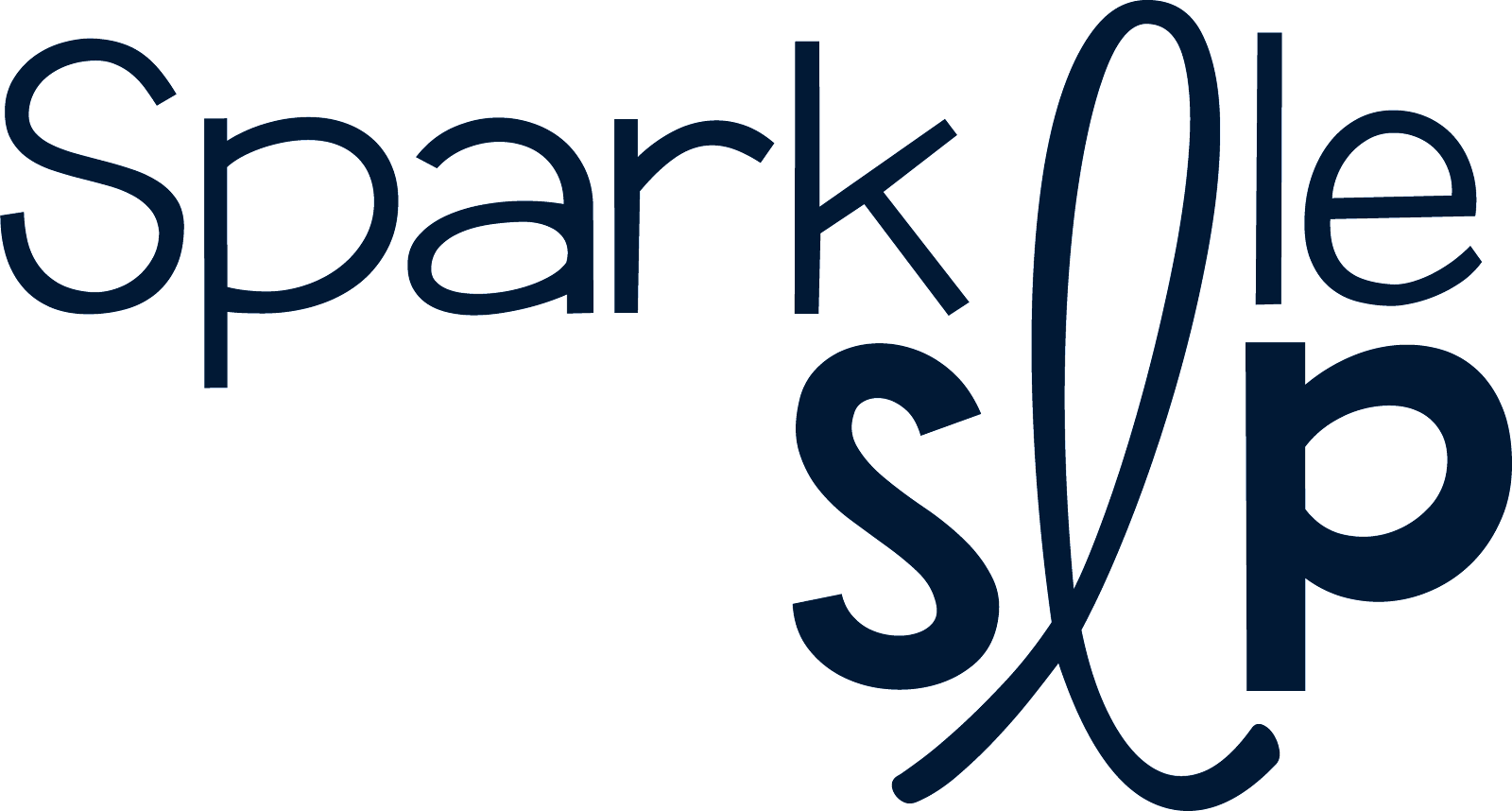Collecting speech samples with elementary-aged students can aid in goal generation and progress monitoring. There are times when I find the need to transcribe portions of the sample for later analysis, but not often. I usually have a target in mind when listening and will take notes on that target skill. When I'm doing progress or writing a new IEP, I am ever grateful for these notes! If it's a sample for speech intelligibility or speech sound production in connected speech, I will use a 100 word grid to chart unintelligible productions or sounds in error (you can find a 100 word grid here). I’m sharing some easy ways to collect these samples during school-based speech therapy.
⇏Personal Retell
Enter a classroom on Monday morning and you might find a routine task involving writing an over the weekend journal entry. This is a great way to collect a speech sample. If your goal is past tense verbs, you have your progress monitoring checked off. This also is great for checking sequencing of events. Often, just asking students to share is all they need to provide their weekend story. If your students struggle with this task, try using some prompts:
Where I went...
Who I saw...
What I did...
How I had fun...
⇏Topic of Interest
I'm sure you know a lot of students that can talk on a topic for quite some time. For those students, I cash in on their interest and get my sample. Whether I'm with my sports stat addict or my Greek mythology buff, you know I’ll first be taking copious notes so I can have an intelligent conversation about the players, statistics, or gods and goddesses. Secondly, I'll be charting words with their target sounds for later practice. Getting a sample this way allows you to select articulation targets that are meaningful for your students. This type of sample is also great for examining sentence structure, vocabulary and overall organization. Again, what you have on your side is the interest of the student, which should yield increased output!
⇏Scripted Prompt
Would you rather... is one my favorite scripted prompts for observing connected speech. I have a general book of would you rather questions as well as many seasonal collections. You can bank that this is a once monthly activity within my speech therapy sessions. The students never seem to tire of this activity. Bonus, if your students are working on /r/ or "th" sounds, this prompt is perfect for charting those trials.
⇏Describing Scenes
For my younger students, I love using describing scenes for speech samples. If you have interactive scenes/barrier activities/mats, it's almost like play as you scaffold describing and narrative generation. Model, model, model before you expect a sample and you may even get your exact targets included in the sample. If you need scenes, you can check these out.
⇏Story Retell
I cannot say enough for speech samples from story retelling! I incorporate retelling within my sessions using literacy regularly, as the benefits of explicit teaching of narratives and story grammar is evidenced-based. This is where I will transcribe a retelling at least 1-2 times yearly for students. I love to see the progression year after year. You might want to try using my Literacy Language Sample product to aid story retell and collection.
Do you have favorite ways to collect speech samples? I'd love to add more ways to my collection.
Do you have favorite ways to collect speech samples? I'd love to add more ways to my collection.



.png)


.png)
